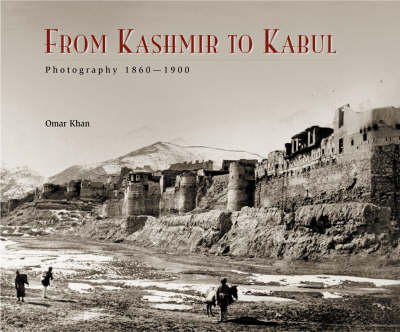Photography S.
1 total work
As international events draw attention to the people and landscapes of Afghanistan and Pakistan, images of these war-torn countries are becoming increasingly familiar. The harsh beauty of the region has been luring photographers since the Victorian age, the most famous of whom were William Baker and John Burke. Their photographs of the "Great Game" - a phrase coined by Rudyard Kipling for the power struggles of British and Russian imperialism - were an inspiration to the writer, and remain some of the most poignant images of the British Empire. This work seeks to piece together the remarkable careers of Baker and Burke. No photographers of the Raj era witnessed more wars, discoveries, news events and human diversity than did these two Irishmen. Few encountered more adverse conditions, hauling heavy equipment and glass plates over steep mountain ranges, and mixing chemicals at dangerously high altitudes, than Baker and Burke. Based on research, this text chronicles the early days in Peshawar and their move to Muree, the Himalayan hill station on the border of Kashmir.
It follows their documenting of the Afghan Wars, some of the earliest war photography, and their return to the plains of Lahore, where they continued to photograph the region's people and landscape. Baker and Burke's story is also the story of photography itself, a medium that was evolving at a dizzying pace - as quickly as the world they sought to capture was changing.
It follows their documenting of the Afghan Wars, some of the earliest war photography, and their return to the plains of Lahore, where they continued to photograph the region's people and landscape. Baker and Burke's story is also the story of photography itself, a medium that was evolving at a dizzying pace - as quickly as the world they sought to capture was changing.
